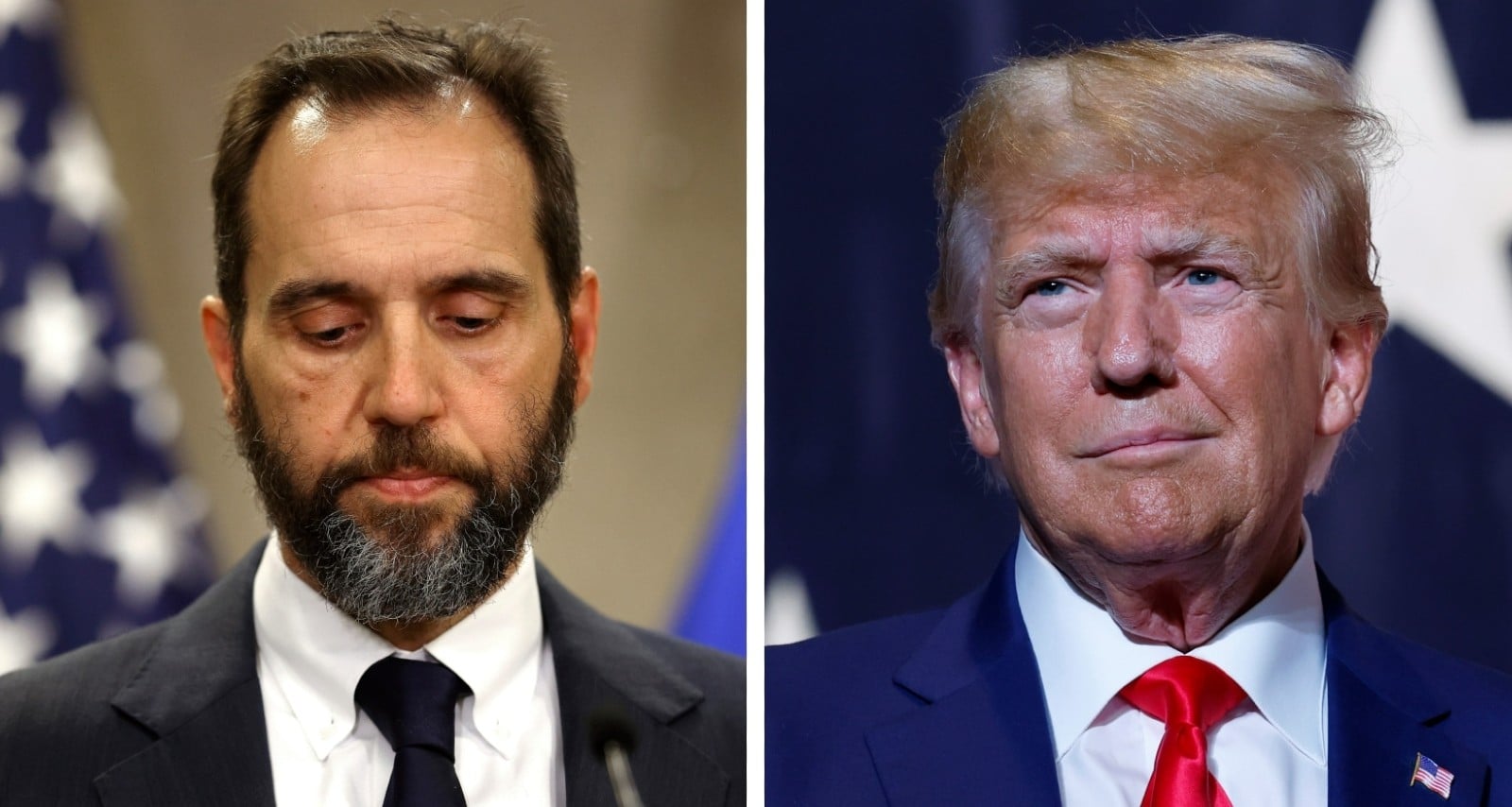OPINION: This article may contain commentary which reflects the author's opinion.
Former President Donald Trump’s scheduled start date for his federal 2020 election obstruction trial has been removed from the public calendar.
Judge Tanya Chutkan, who is presiding over the case, initially scheduled the trial for March 4. Trump has entered a not-guilty plea to four charges stemming from Special Counsel Jack Smith’s investigation into the circumstances leading up to the attack on January 6.
Most expected that the proceedings would start later than expected, though, because the case is now on hold while the D.C. Circuit decides whether Trump should be immune from prosecution because the charges against him pertain to his time in office.
It is uncertain when the three-judge panel at the appeals court will render a decision, despite hearing arguments on January 9, regarding whether the former president can invoke absolute immunity to dismiss Smith’s case.
As initially reported by The Washington Post, it has now been disclosed that the federal court in Washington, D.C., has removed the March 4 trial date from its public calendar. This administrative action suggests that the trial will be postponed while the immunity appeal process is underway.
“Donald Trump’s March 4 trial on election fraud charges has been dropped from the court calendar. In December, Judge Tanya Chutkan agreed to freeze the case while Trump appealed the indictment on presidential immunity grounds. Its removal from the court calendar signals that the case will likely not begin for several more months, pushing it closer to the presidential election in November. The Washington, D.C., Court of Appeals is now considering the case, and it will likely go to the U.S. Supreme Court after that,” Newsweek reported.
Soon after the update was reported on social media, several political figures speculated that the removal of the March 4 trial date from the public calendar meant that the case would be dropped entirely.
Bill Shipley, a lawyer for defendants accused of involvement in the Capitol riot, responded by calling it “idiotic” to believe that Smith’s case would be dropped.
“Tomorrow was the day the Juror questionnaires were supposed to be returned to the Court by prospective jurors and given to the parties. Was a questionnaire ever prepared? No—the case has been stayed. So no questionnaires will be received,” Shipley posted on X.
“One of the first questions is ‘Do you have any plans that would make it impossible for you to be a juror from March 3 to May 3?’ Well, you can’t send that out until you know what the start date will be,” he added. “So all you supposedly ‘in the know’ X-sters, just stop posting nonsensical conspiracy theories about why the Court—NOT JACK SMITH—removed the trial from the March 4 calendar.”
Jack Smith’s Trump case removed from court docket raises eyebrowshttps://t.co/knmMW1WLmv
— Newsweek (@Newsweek) February 2, 2024
The Post reported that Chutkan recently scheduled a hearing for a defendant in a different case for March 18, stating, “I suspect in March I will not be in trial.”
She filed court papers on January 18, preventing Smith’s team from submitting any motions during the case’s suspension while the immunity appeal is being considered.
Chutkan offered the former president’s legal team seven months between the indictment and trial to prepare for the case, but she clarified in the filings that this time would not apply to the stay of the case.
“Contrary to the defendant’s assertion, the court has not and will not set deadlines in this case based on the assumption that he has undertaken preparations when not required to do so,” Chutkan wrote.
Last week, a former federal prosecutor predicted that none of Trump’s four criminal cases would reach trial before the election.
“I’ve said pretty much since day 1 that I didn’t think any of the cases would get to trial before the November election. 4 criminal cases are pending against Trump, and the Democrats and Biden are desperate to have one of them go to trial. Given their locations, convictions are almost certain regardless of the merits of the cases or the evidence,” said Bill Shipley, who spent 22 years as a federal prosecutor and recently defended more than 20 of the January 6 defendants as a private attorney.
